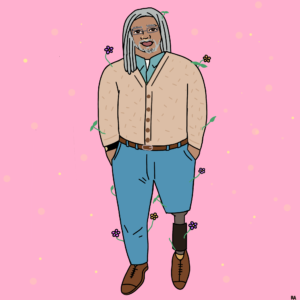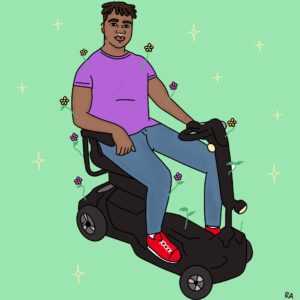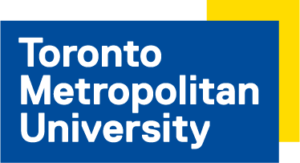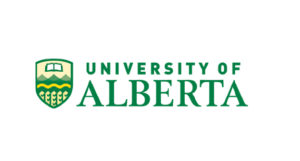WELCOME
Cripping Masculinity explores how Disability, Deaf, or Mad Identified Men (Cis or Trans) and Masculine Identified Non-Binary People create and experience their identities through clothing in their everyday lives.
The Cripping Masculinity team is made up of researchers, designers, and activists based at Toronto Metropolitan University in Toronto, the University of Alberta in Edmonton and Parsons School of Design in New York.
Building upon Kelly Fritsch’s definition of crip as “to open up with desire the ways disability disrupts,” this project crips dominant narratives of disability, masculinity and fashion by sharing the stories of Disability, Deaf, or Mad Identified Men and Masculine Identified Non-Binary People.
Our research project aims to generate new understandings of gender, disability and fashion that centre vitality, creativity and access by engaging people in a variety of activities, including interviews about their clothes, clothing design workshops, and fashion shows and exhibitions.
The Cripping Masculinity project is funded by an Insight Grant from the Social Sciences and Humanities Research Council of Canada and special funding from Ryerson University.
We look forward to sharing Cripping Masculinity with you. For more information on how to get involved, please visit us on our Instagram: @crippingmasculinity and the Get Involved page on our website.
The Cripping Masculinity project works on the traditional and unceded territories of Anishinaabe, Mississaugas and Haudenosaunee as well as the Cree, Blackfoot, Metis, Nakota Sioux, Iroquois, Dene, Ojibway/Saulteaux/Anishinaabe, Inuit, and many other Indigenous nations whose histories, languages, and cultures influence our community and research.
ACCESSIBILITY
We recognize that accessibility is a dynamic process. If you found any part of this website to be inaccessible to you, please email:
crippingmasculinity@torontomu.ca







